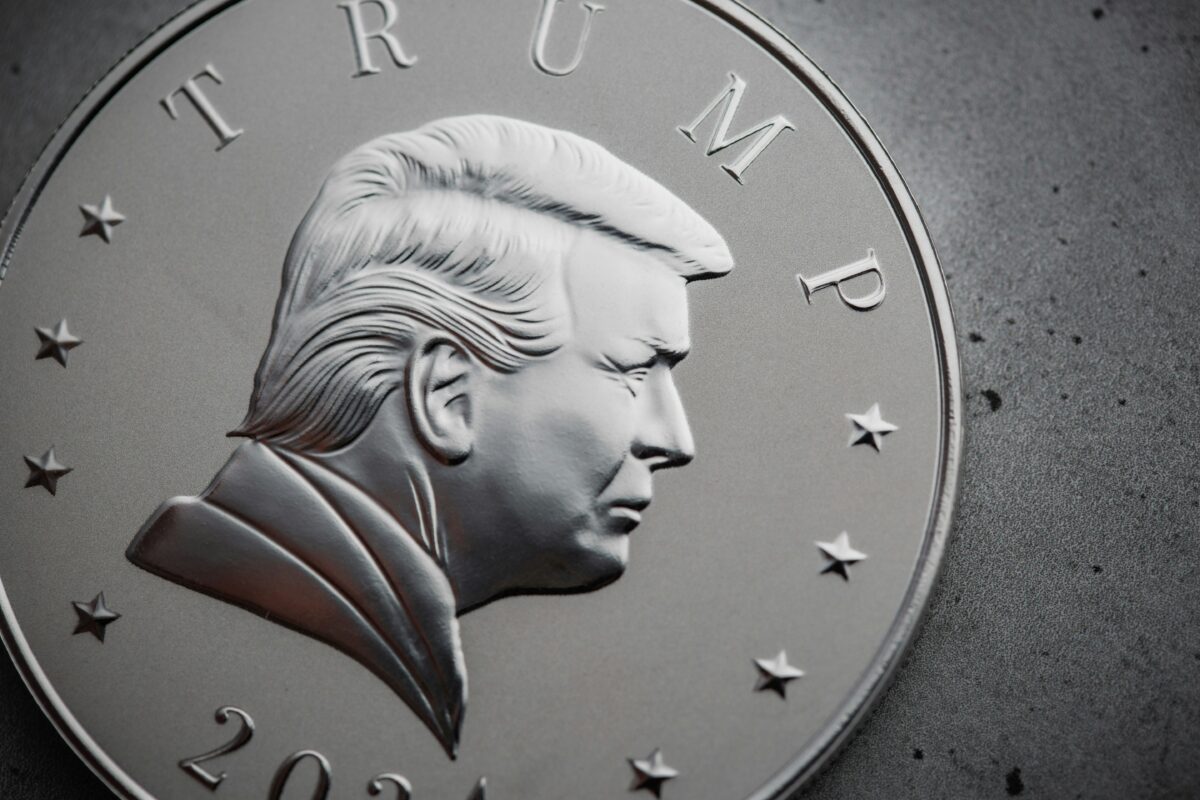Written by Lindsay James, investment strategist at Quilter Investors
With the US election hanging on a knife edge, with some polls giving Donald Trump a small advantage, we are now less than two weeks away from knowing the result. Whilst markets have a track record of moving sideways towards a close election, and then typically rallying on the result – regardless of the party – this time it has been very different. US markets have continued to move higher, not only making 2024 one of the strongest years in recent decades for returns, but also unusual in continuing to rally into a close election.
Whilst markets appear to be pricing in a Trump victory, this has so far been painful for US Treasuries, with yields rising on long term bonds as investors worry about the sustainability of the fiscal situation. With the Committee for a Responsible Federal Budget having warned that Trump policies could increase government debt by $7.5 trillion, compared to $3.5 trillion for Harris, it is clear that neither candidate is prepared to turn off the tap of spending – but could yet be forced by bond markets to reconsider.
Meanwhile, forecasts published yesterday by the IMF showed an upgrade to US growth expectations in 2024 and 2025, a downgrade to the Euro area, and an upgrade to the UK in 2024 but no change to 2025. The US is now expected to grow by 2.8% this year, 0.2% higher than expectations published in July, and 2.2% next year, 0.3% higher than earlier expectations, as the economy has continued to confound expectations for a slowdown. With wage growth outpacing inflation, and consumers continuing to spend, this has been in sharp contrast to persistently weak consumer confidence readings.
The IMF also highlighted that central banks should “push back” against overly optimistic investor expectations for easing in situations where inflation remains above target, with the US being the obvious case in point where the Fed’s preferred inflation measure remains at 2.7%. With the yield on the US 10-year Treasury note having already gained around 50 bps in October, as investors have reduced their expectations for sequential rate cuts, markets have been waking up to the realisation that inflation could take longer to be fully vanquished, especially with Donald Trump in the White House.
In the UK, on the other hand, Chancellor Rachel Reeves has been delivered a boost ahead of what is expected to be a difficult and tough budget, with the IMF raising the economic forecast for this year. Tax rises have been heavily trailed, with more seemingly speculated on every day, so any sign of better economic times ahead will be welcomed. However, the UK fiscal position is in a fragile state, and growth is unlikely to be sustained without further reform aimed at productivity gains. Labour is in an incredibly tricky position, therefore, of balancing the need of increasing the tax take, without throttling the economic recovery. With the IMF leaving its UK forecast for 2025 unchanged, it will clearly be watching next week’s budget very closely and adjusting its numbers accordingly.







